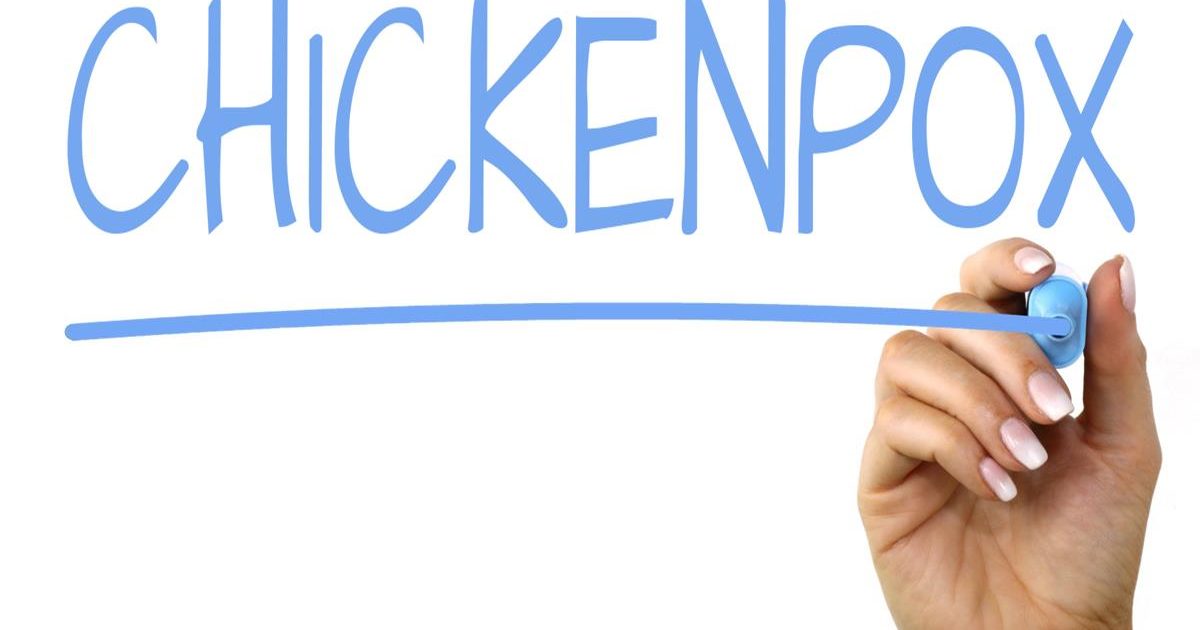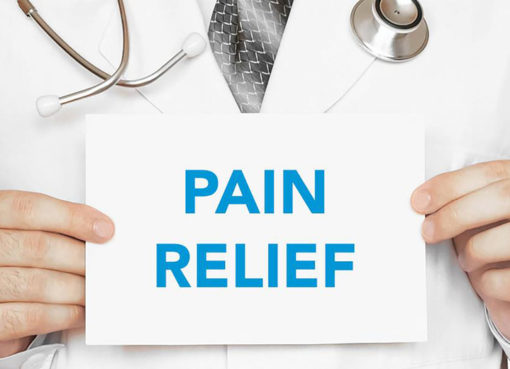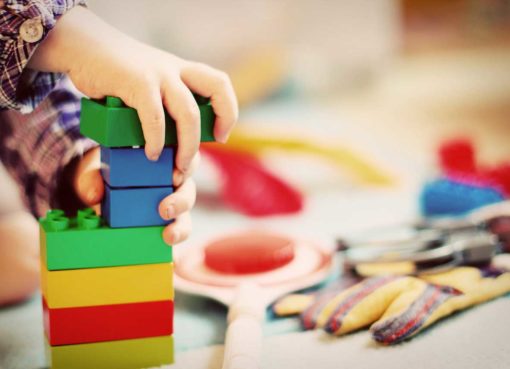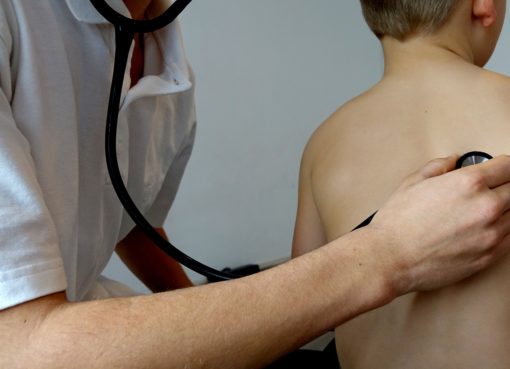One of the most common childhood illness is chickenpox. Though common in childhood, this can also occur at any stage in life. This illness is highly contagious can cause severe complications, even death in some cases and should be treated seriously.
This childhood illness is caused by the varicella zoster virus. Once infected by the virus, the child will experience blister like rash that usually appears on the face and trunk and will gradually spread over the body. Although uncomfortable, most people recover within 1 to 2 weeks.
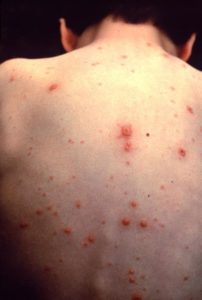
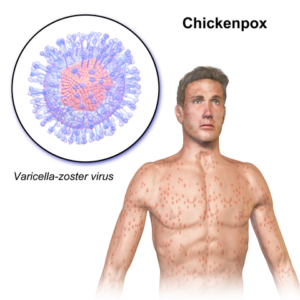
Symptoms
- – Body malaise (a general feeling of being unwell)
- – Muscle pains
- – Loss of appetite
- – Fever (this is usually worse in adults than in children)
- – Nausea and vomiting
After the rash appears, the severity of the rash would vary from just a few spots, to a rash that covers your entire body. The spots may develop in clusters and usually appears on the face, the chest, the limbs and the stomach. Blisters may form and can be very itchy. Within 48 hours, the blisters will start to form crusts and this is the most crucial stage of the virus. It is said that during this stage, the child is highly contagious. It is important to isolate the child and to prevent the child from picking on the crust to prevent scars. The scabs will fall off on their own after 10 days.
During the entire cycle, new spots can appear and the child may have different clusters of spots at different stages.
In more server cases, the area surrounding the blisters may feel extremely painful and swollen. Clusters of rash around the chest area may also cause the child to have difficulty of breathing.
Treatment of Chickenpox
Since it is caused by a virus, Chicken Pox is usually resolved within a week without treatment. There is no cure for chicken pox but can be prevented through immunization.
Since there is no cure, the treatment of Chicken Pox ls geared to treating the symptoms such as fever and itchiness. Here are some of the things that the physician may prescribe to a child with Chicken Pox.
- 1. Fever- Paracetamol commonly known as acetaminophen may be given to reduce the temperature of the child. It may also help reduce aches and pains. However, it is important to note to carefully follow the dosage and timing that is prescribed by the physician to avoid stomach discomfort in kids. Products that contain aspirin should not be used in treating a child with chicken pox to avoid complications.
- 2. Prevent Dehydration- Nausea and vomiting are common symptoms associated with Chicken Pox. To avoid dehydration, it is important to drink plenty of water or other types of fluids. Having a Pedialyte on hand is important for kids that are not drinking enough water.
- 3. Itchiness- There are a lot of home remedies to reduce itchiness. A cool bath with baking soda or a finely ground oatmeal for soaking can be effective. Applying calamine lotion dabbed directly on the spots are quite effective.
- 4. Prevent Scarring- It is important to prevent the child from scratching as it may lead to scars. Keeping the child’s fingernails short and clean as much as possible is important. Make sure that the child wear loose clothing and making the child wear mittens or socks over the child’s hands when they go to sleep.
Summary:
Chicken Pox is a common childhood illness that has no cure. Palliative treatment is important to alleviate the itchiness and discomfort during the entire cycle. Though aspirin can help relieve fever, never give a child with chicken pox aspirin because it can lead to a serious condition called Rye’s syndrome. With severe cases, it is important to contact a local physician immediately for proper treatment.


